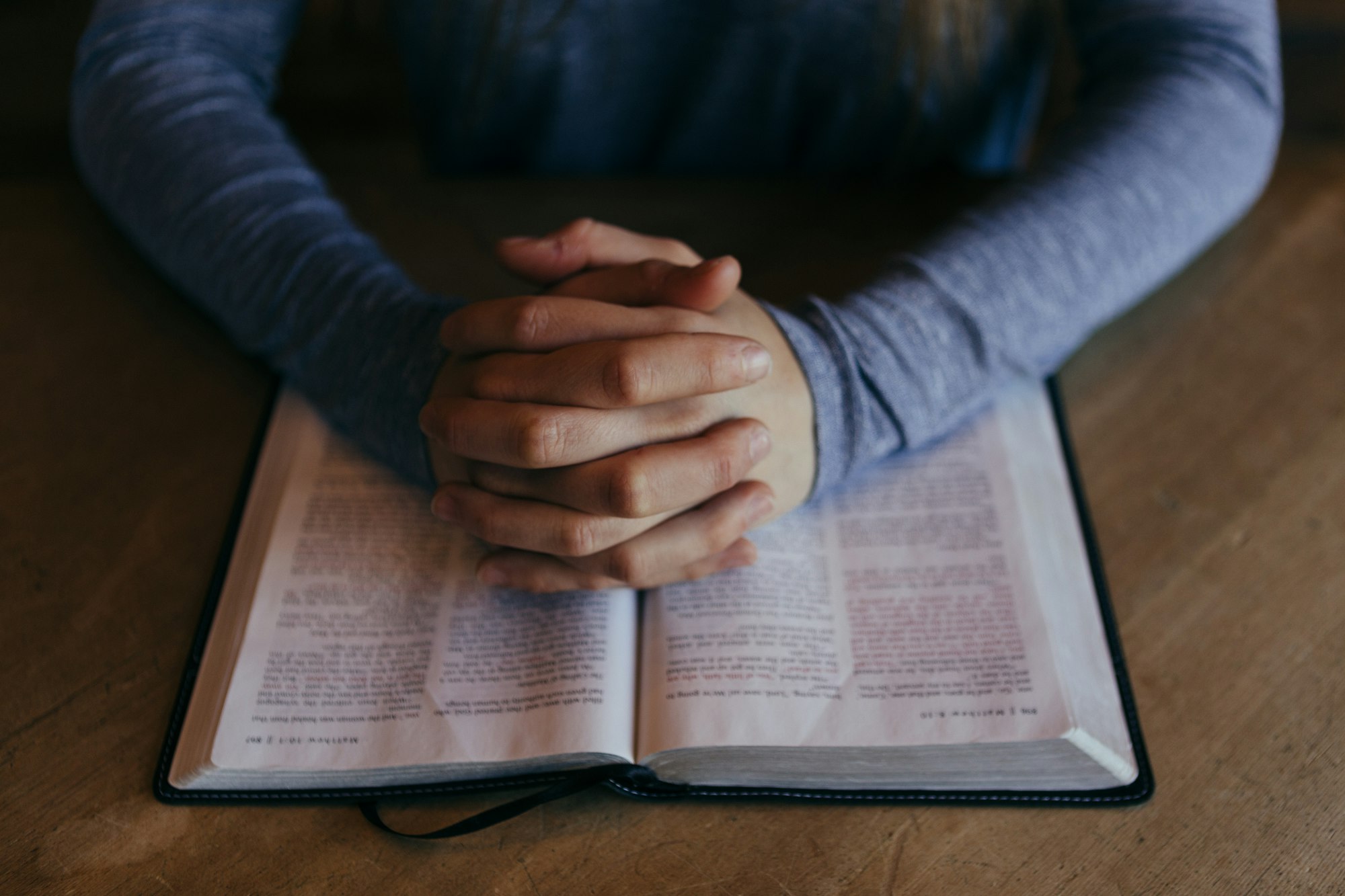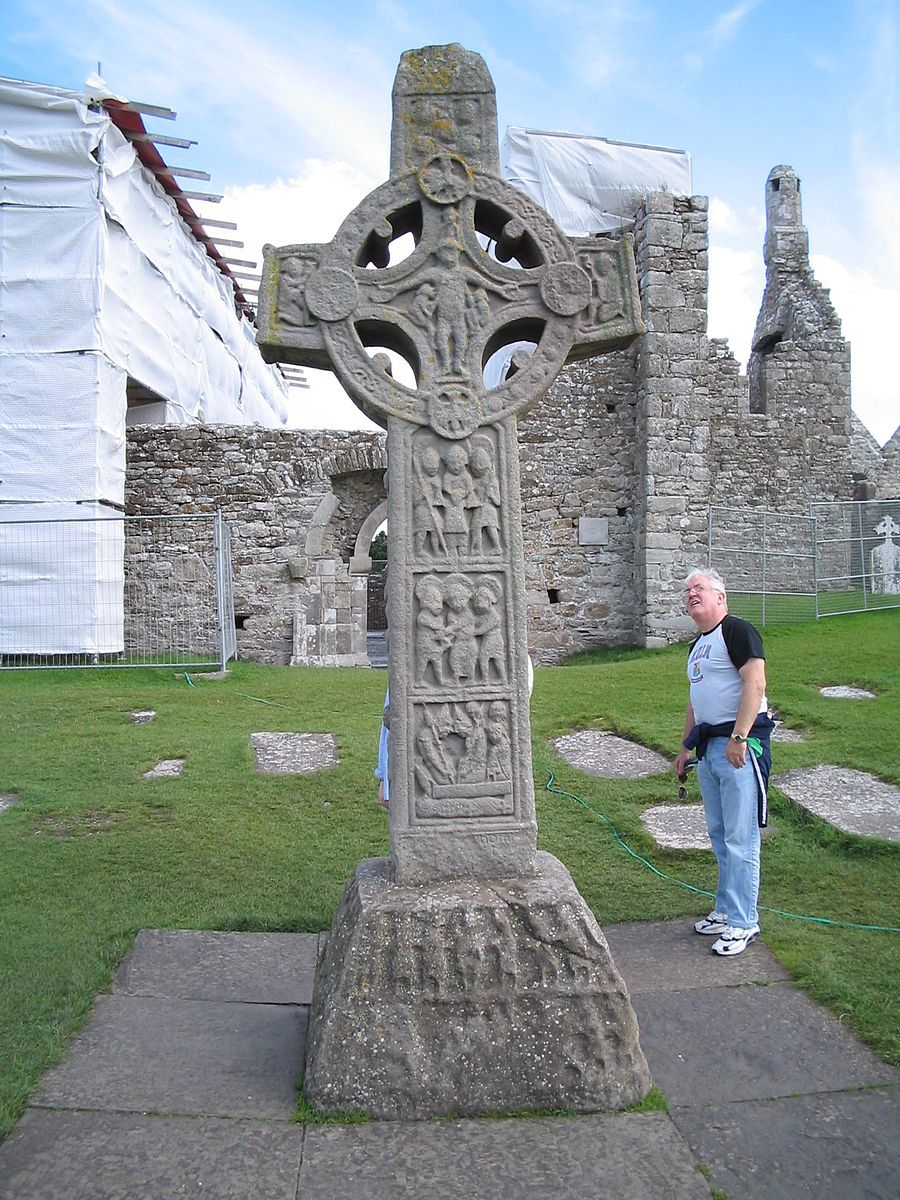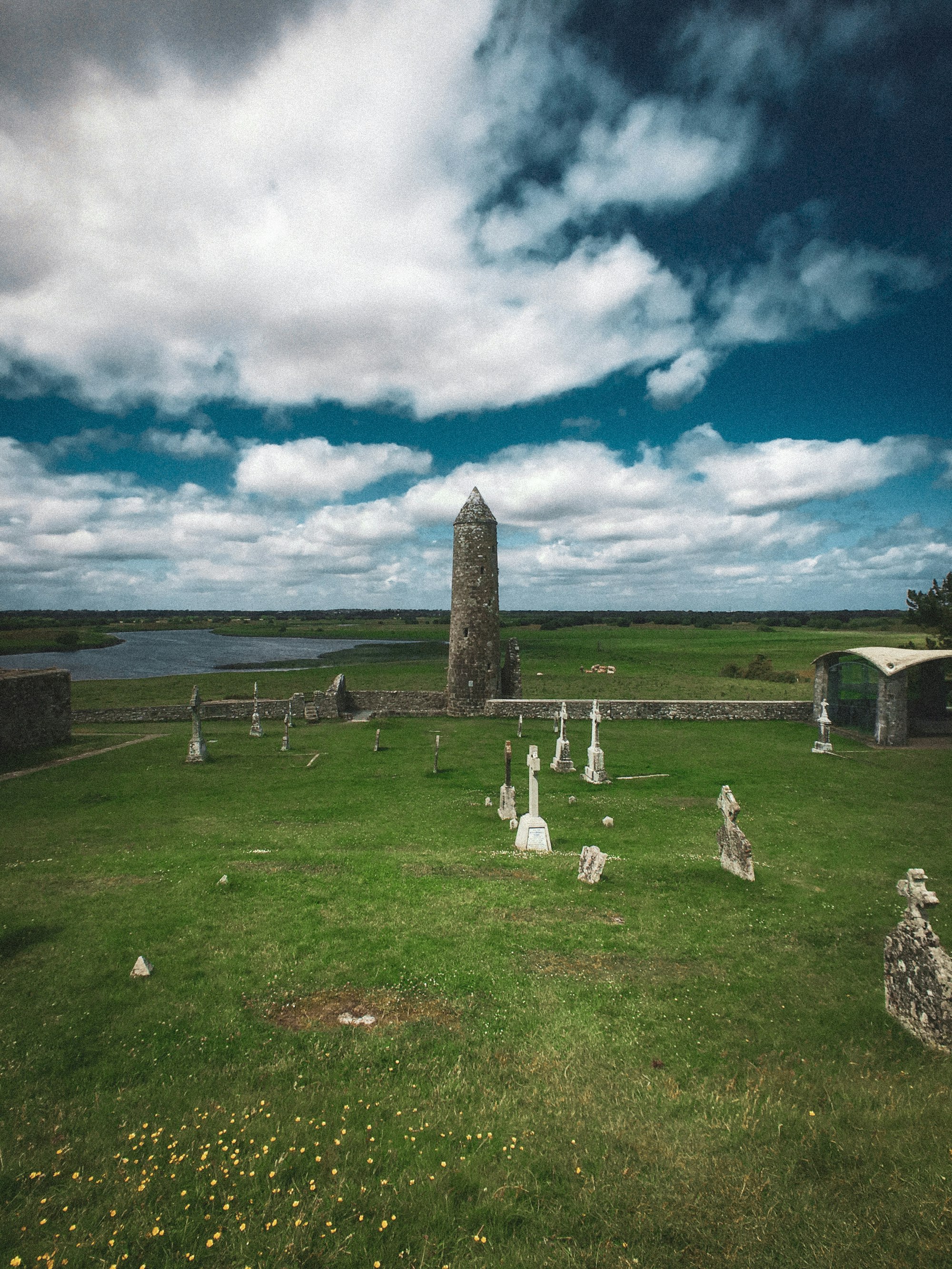Seamus Heaney, "Lightenings viii"
It's exciting to declare you're exploring Plato, stumbling upon problems few have seen or will see. It's tempting to believe there must be wisdom in such a rarified activity.

I hope you'll make time for Will Buckingham's moving and lovely tribute to Elee Kirk. I feel enormously privileged to have read about her life and work. An excerpt which speaks for itself:
Elee’s research was, above all, about finding ways of listening to children who visited the natural history museum in Oxford.... [S]he set about developing ways of listening more, and listening better, to children in the museum. Because one thing that Elee was clear on was this: that children should be taken seriously not just as children, but as human beings for whom the world was already, here and now, fully rich and meaningful.
Below, I've written about a remarkable poem by Seamus Heaney. I can't really think of much else which brings so many powerful themes together, offering a difficult moral lesson while opening new possibilities. He provides a meditation on the nature of prayer which indirectly addresses what it means to write and offer one's testimony. There's tremendous faith involved, but the character of that faith, I believe, is radically different from anything I've ever seen.
Into the annals Heaney goes, plumbing tradition for wisdom. Some I have known were ecstatic about old books in a similar way. It's exciting to declare you're exploring Plato, stumbling upon problems few have seen or will see. It's tempting to believe there must be wisdom in such a rarified activity.
Lightenings viii (from nobelprize.org) Seamus Heaney The annals say: when the monks of Clonmacnoise Were all at prayers inside the oratory A ship appeared above them in the air. The anchor dragged along behind so deep It hooked itself into the altar rails And then, as the big hull rocked to a standstill, A crewman shinned and grappled down the rope And struggled to release it. But in vain. ‘This man can’t bear our life here and will drown,’ The abbot said, ‘unless we help him.’ So They did, the freed ship sailed, and the man climbed back Out of the marvellous as he had known it.
Heaney is dutiful. He follows "the monks of Clonmacnoise," who were themselves diligent. They "were all at prayers inside the oratory." Clonmacnoise is to be wondered at. Now ruins, it was a monastery and community which grew from 10 to 2,000, with a 400 year period of growth. Though connected to various Irish kings and saints, what remains is art speaking the fullness of another world. Below, the Cross of the Scriptures:

The monks know they are on a sacred path, one with manifold blessings for them, their families, and their nation. Not a few who believe themselves religious will say they pray gratefully, or their prayers are always answered.
I knew someone who exuberantly proclaimed that if you gave one dollar to God, you would get ten back. Also, that the parable of the talents was literal—if you have money and fail to invest it, He will punish you. To be perfectly clear, this is a crude and cruel set of ideas reducing God to a bank for the blessed. However, I don't believe it only results from a materialistic misreading. People do have to pray for real needs in this life. They'll feel like they have no other option, and a quick glance at massive inequalities and neglect of entire populations lends credibility to their view.
And what of those who want tradition to explain the world? Can the world beyond really give anything we can understand in this life? The praying monks, men of learning, receive an answer to their prayers. All of them, all at once. "A ship appeared above them in the air."
A ship. A carrier of goods. A means of transport to go beyond one's borders. To be sure, it is hard to believe a magic ship can answer anything. However, this ship resonates with need. Its anchor reaches too deep, so it gets caught on the altar. Its "big hull rocked to a standstill"—it has weight it cannot manage. It possesses only one crewman, who struggles alone to free his ship.
Who is this crewman, unfree of need, traveling alone? From what other world does he visit? Keats speaks of visiting "realms of gold," seeing "many goodly states and kingdoms." Going "round many western islands... which bards in fealty to Apollo hold." His own moment of revelation, "like stout Cortez when with eagle eyes / He star'd at the Pacific," in awesome silence. I submit that the crewman is a poet, the ship poetry in the largest sense.
Heaney's story from the annals presents an elaborate puzzle I would have never recognized if not for years of hearing droll, awful debates about the conflict between poetry and philosophy. I do believe that in ancient thought, the conflict is of the utmost importance. The poets of Plato's age don't just write pretty words. They recreate sacred myth, and they do so thoughtfully. For example: Is Oedipus a tyrant because he could have chosen better, or does he represent a problem fundamental to political life? To what degree does Antigone sacrifice for an imaginary family as opposed to the one she actually has? These are intelligent, powerful questions raised by Greek drama, and precisely because of that, they create a significant problem. There's no way to distance the Athenian stage from Athenian pride. Sophocles and Aeschylus don't cause war with Sparta, but merely by being sensitive to the larger issues, their writing ironically subordinates their more thoughtful, necessary concerns to the whims of the body politic. Philosophy, then, is necessary to achieve expression of independent thought, to resist being overwhelmed by noble phrasings and divine personages.
In more traditional circles nowadays, the conflict between poetry and philosophy has a more limited scope. Someone has grown up reading Tolkien, believing it essential to their culture and faith. Then they're told that's not good enough, they should read Aquinas or Calvin. The "conflict" can be absurdly narrow. I've known many for whom it served as a distraction, keeping them from reading about imperialism, racism, poverty, genocide, war crimes, exploitation, etc. It can keep other voices away while building an unnatural reverence for fairy tales or a rationality whose explicit end is religious. There are more sophisticated, academic takes on the poetry/philosophy conflict, but I find they fail to appreciate what's at stake. What I've seen is no less than the past being turned into a vehicle for religious, nationalist fundamentalism.
Returning to Heaney: What is a poet? Why does he have a ship? The writer of the annals and Heaney himself have, I believe, a sincere, simple answer. A poet just wants to see more and write something meaningful. They want to testify, to have their words speak their lives. To that end, they create things. Love poems. Memoirs. Histories. Stories about hard times. Tales of supernatural encounters. Texts we believe sacred, ones which try to reconcile the ways of God to men.
You don't just pray. You pray in a way shaped by Scripture. Scripture may be divinely inspired, but it can be traced to human authors, poets of sorts. Someone, maybe, who wanted to know the truth for themselves, so they put down what they heard and thought, keeping what's important in front of their eyes.

The more you take the text, or the spirit of the text, to be an answer to all your problems, the less of an inquiry or exploration there is. It's like you forced a ship to be anchored to an altar's rails.
I should note that the spirit of early Christianity, as well as many revivalist or traditionalist movements, is relentlessly apocalyptic. There's no room for exploration. There's no room for the world God was once held to have created. "They day of the Lord comes like a thief in the night"—there is obedience and the panic that we're not obedient enough, not following the right guru at the right time.
The monks of Clonmacnoise, I imagine, had a more moderate temperment than our frenzied world. Perhaps that's why they saw the vision, a gentle rebuke to their prayerful expectations.
In the end, the poet sails away. Allowed to be a free spirit seeing our world as one, just one, fantastic reality.
There's an incredibly deep respect for the power of words in Heaney's little poem. The words generated the earnestness of the prayer. The fantastic but very real vision, where a writer from another time met his audience. And the wisdom and charity of the abbot's command: "This man can't bear our life here and will drown... unless we help him."
The abbot, in charge of a faithful community, recognizes what's happening. He doesn't need the texts to be literally true. He needs to know that flawed but sincere human beings searched for an object of devotion. Envisioned, in a way, his world. He wants to know they were thoughtful, not absolutely right. This he gets, and I can't imagine it gave him any less than security in his faith.
